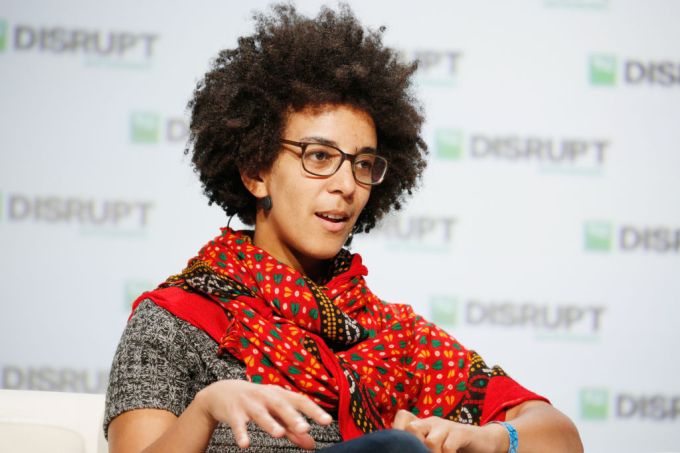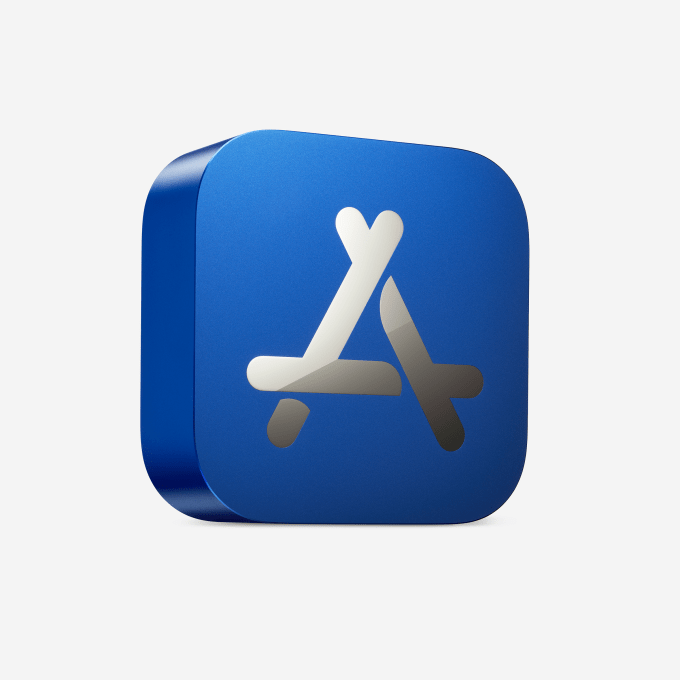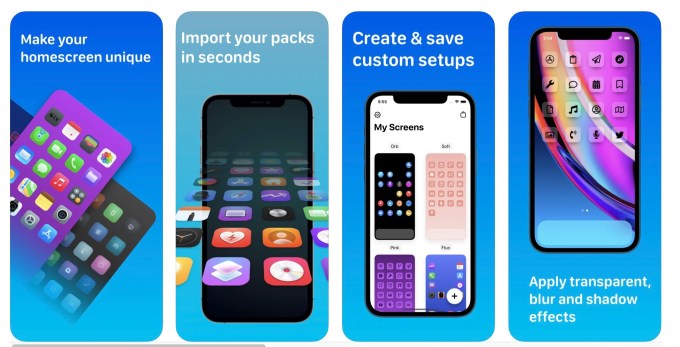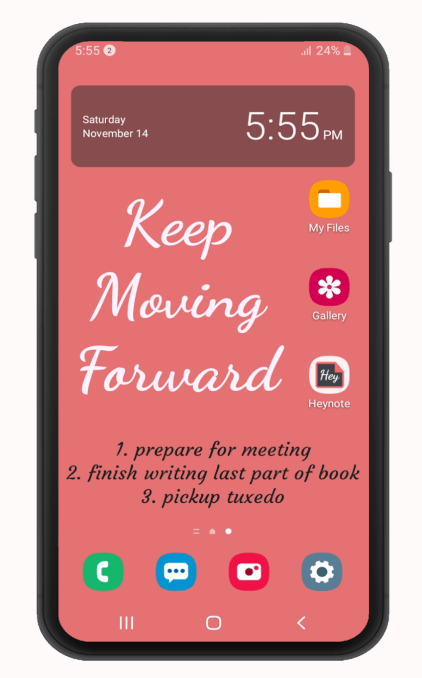Welcome back to The TechCrunch Exchange, a weekly startups-and-markets newsletter. It’s broadly based on the daily column that appears on Extra Crunch, but free, and made for your weekend reading. Want it in your inbox every Saturday? Subscribe here.
Ready? Let’s talk money, startups and spicy IPO rumors.
So very much happened this week. If you are just catching up, the Equity crew spent good time this week parsing through a host of recent early-stage venture capital rounds; if that’s your jam, head here. Today for the newsletter The Exchange is digging into later-stage news, though smaller startups will still make an appearance.
We begin with notes on a company that was net-new to me when I met it earlier this week: Nextiva. Now north of $200 million in revenue, the company is a quiet giant and, notably, has not taken venture capital funding along its path to scale.
Given how frequently conversation in the tech press concerns funding news it was a refreshing break to talk to Nextiva about how it managed to scale without leaning on high-burn growth and external capital.
Chatting with CEO and co-founder Tomas Gorny, I got to dig a little under the skin of the company’s history. It goes a little something like this: After moving to California in 1996 at the age of 20, Gorny eventually founded a web hosting company in 2001 after working for tech companies during the dot-com boom. The web hosting company wound up selling to another company called Endurance International in 2007, which sold as a combined entity for around a billion dollars in 2011, later going public before being taken private last month for $3 billion — you can read this TechCrunch piece that mentions Endurance from 2010 for a bit of the historical record.
Gorny founded Nextiva in 2008, focused on what it describes today as “UcaaS,” or unified communications as a service. The startup grew to about $40 million in annual recurring revenue (ARR), at which point it ran into issues with a third-party system that would integrate hardware, and support and services software, which sparked a shift in its thinking. The company set out to build a platform.
Nextiva expanded horizontally, adding CRM software, analytics and other functionality to its broader suite as it scaled. And it grew efficiently; starting with money from its founding team, Gorny told TechCrunch that even if he had used someone else’s money, he would have built the company in the same manner.
The platform switch was expensive, with Nextiva calculating that it spent $100 million on the project, telling TechCrunch that it might have been able to grow more quickly in the short-term if it had only focused on its original offerings.
The platform work that Nextiva has spent so much time and money on is now in the market, and after scaling from $100 million ARR in 2016 to $200 million this year, the company now considers itself to have completed the evolution to platform status. Which raised my hackles slightly, as quite literally every company wants to be a platform. And nearly none of them are.
Gorny, however, swayed me somewhat with his thinking on the matter. Nextiva built a suite of products, he explained, but wasn’t a platform at that point. Correct. However, he argued that the company became one when it built a system that created a shared pool of customer data for all its apps and services, allowing Nextiva to build faster on top of its foundational layer. By the definition of platform that precedes tech’s abuse of the word, that seems fair.
What’s next for Nextiva? Growing at more than 30% a year, it could go public. Given that it is self-funded, it cannot have horrorshow cash burn by definition and meet requisite benchmarks for an IPO. Even more, while Gorny did highlight that being private allowed his company to accelerate and decelerate growth when it wanted to focus more on product work, I got the impression that Nextiva wants to be better-known. And an IPO would help with that.
2021 is said to be a coming ground for a stampede of unicorn IPOs. Perhaps some of those debuts will be dark horses as well.
Market Notes
We have three themes this week for our discussion of the broader startup market that warrant discussion: AI fundraising, fintech and private-market liquidity.
On the AI front, it’s been a busy sector of late, especially amongst the later-stages. Ohio-based healthcare AI company Olive raised $225.5 million, or about half of the $456 million that it has raised to date. Olive is a unicorn, to boot, with PitchBook pegging its new valuation at $1.50 billion on a post-money basis.
It’s nice to see a win for the Midwest. But Olive was hardly alone. Scale AI also raised a huge chunk of money, this time $155 million at a $3.5 billion valuation. Last year it raised $100 million at a valuation north of $1 billion. And elsewhere in the AI startup realm, Versatile raised $20 million, and ultimate.ai raised $20 million. Busy!
Scooting along. Stripe dropped a host of banking-as-a-service tooling, shifting the richly valued payments company from its initial niche into a much broader — and potentially lucrative — domain.
So, doom for smaller startups working in the same problem space? Not if they have anything to say about. Chris Dean, the CEO of Treasury Prime, a startup that I’ve written about that offers banking services via an API, wrote in to The Exchange, saying that the “most significant signal [from the Stripe news] is to banks” that they “need an open banking API to stay relevant.”
And Dean reckons that as every fintech has multiple vendors for different things, there will be room for many vendors per major fintech served by banking-via-an-API services, noting that Treasury Prime has “clients who use Marqeta, Galileo, and Stripe” for their banking needs.
Let’s see; but the Stripe news is big news all the same. And the new updates explain the IPO wait, I reckon. Better to go public when it has these new pieces driving growth. So much for our notes last week that were censorious concerning its IPO lag.
Finally, Carta X. I am bursting with excitement about this bit of news. Carta, which helps startups manage their cap table and employees handle their equity stakes, is building an exchange of sorts that should bring more liquidity — and therefore more pricing signal, and, pray, transparency — to the private markets. It’s coming early next year. More here.
Various and Sundry
We’re low on room, so just three final things to close out this week:
And, to close, The Exchange caught up with Yext CEO Howard Lerman about its recent earnings report, which bested near-term expectations regarding its Q3 results, but left investors wanting more when it came to Q4 guidance.
Chatting with Lerman — who joined TechCrunch for an Extra Crunch Live the other week — I got the lay of the land. On one hand, Yext’s push into offering search services is working, driving new logo lands, and helping it trim costs in its sales process. On the other, the world is reentering a shutdown, which means that the company is seeing upsell weakness in certain geographies, denting its near-term net retention results, a key driver of growth for software companies.
Now, Yext is a single public SaaS company, so I don’t want to over-index on its results too much, but the company’s honest assessment of the uncertainties that it faces in terms of near-term growth cannot be unique to its operations — something to consider as we ask startups about their Q4 growth in a few weeks’ time.
For what it’s worth, Yext appears in the midst of an intelligent product expansion while parts of the market it sells into struggle with a macro hangover. This is the situation that startups say is best to weather while private. Perhaps Yext will become a working case for how to navigate the same circumstance while public.
Hugs, and thank golly for the weekend’s respite,
Alex

from TechCrunch https://ift.tt/3olkHGa
Karen Hao / MIT Technology Review:








